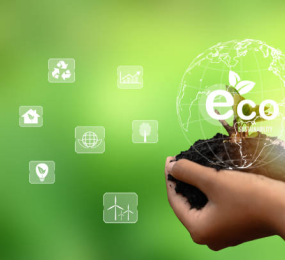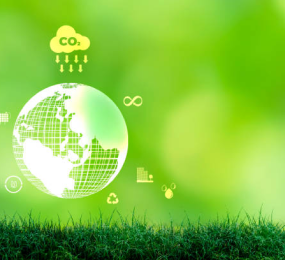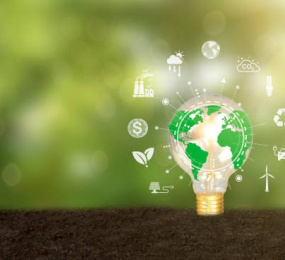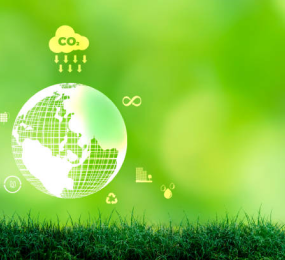Overcoming Technical Challenges in e-Fuel Production and Utilization
The production and utilization of e-fuels, synthetic fuels generated from renewable energy sources, are pivotal in achieving a sustainable energy future. E-fuels promise to reduce greenhouse gas emissions and dependency on fossil fuels. However, several technical challenges need to be addressed to fully realize their potential.
One primary challenge is the efficiency of the production process. E-fuels are created through electrolysis, which splits water into hydrogen and oxygen using renewable electricity, followed by a synthesis process that combines hydrogen with carbon dioxide to produce hydrocarbons. This process is energy-intensive and requires significant advancements to improve efficiency and reduce costs. Innovations in electrolyzer technology and the use of catalysts are essential to enhance production yields.
Another hurdle is the scalability of e-fuel production. To meet global energy demands, the production infrastructure must be expanded significantly, necessitating substantial investment and technological breakthroughs. Additionally, integrating e-fuels into existing fuel distribution networks poses logistical challenges, as it requires modifications to current infrastructure and ensuring compatibility with existing engines and machinery.
Furthermore, the development of regulatory frameworks and market incentives is crucial to support the adoption of e-fuels. Policymakers must create conducive environments for research, development, and deployment of these technologies.
Addressing these technical challenges is vital for the widespread adoption of e-fuels, paving the way towards a cleaner, sustainable energy landscape.
Visit our website to know more: https://www.leadventgrp.com/events/world-e-fuel-summit/details
For more information and group participation, contact us: [email protected]
Leadvent Group - Industry Leading Events for Business Leaders!
www.leadventgrp.com| [email protected]
















